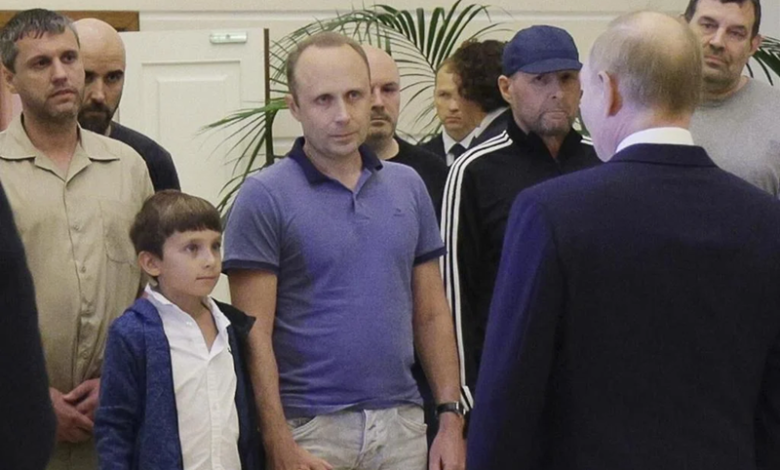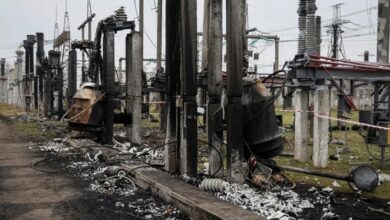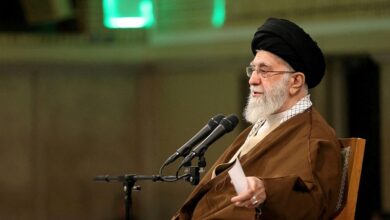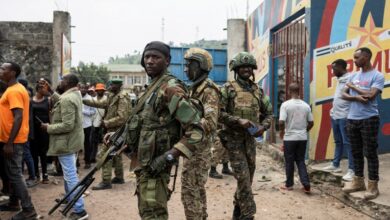Freelance Journalist or Putin’s Spy? The Double Life of Spanish Citizen Pablo González

News Mania Desk/Agnibeena Ghosh/4th August 2024
Spanish freelance journalist Pablo González, based in Poland, recently gained international attention following his release in a significant prisoner swap with Russia. González had been covering the refugee crisis at the Polish-Ukrainian border during Russia’s invasion of Ukraine when he was arrested by Polish security agents. Less than a week after the invasion began, he was accused of being a Russian GRU military intelligence agent involved in espionage activities against Poland.
Held without trial for over two years, González’s detention sparked protests over the lack of detailed accusations and the handling of his case by Polish authorities. The controversy surrounding his arrest and the subsequent silence from officials only fueled speculation about his true identity and role.
The recent prisoner swap that included González has heightened these speculations. He was welcomed by Russian President Vladimir Putin, marking what is considered the largest prisoner exchange since the Soviet era. This high-profile reception has raised questions about his activities and allegiances.
Born as Pavel Rubtsov in Moscow, González moved to Spain at the age of 9, where he became a Spanish citizen and pursued a career in journalism. His work as a freelance journalist provided an ideal cover for his activities, allowing him to travel freely to various countries, including Ukraine and Georgia.
González’s social media showcased a lavish lifestyle that seemed inconsistent with the typical earnings of a freelance journalist. He owned expensive and up-to-date equipment, such as a 14-inch MacBook Pro, which further raised suspicions. His ability to gain access to sensitive locations, like filming Auschwitz-Birkenau under the guise of journalistic work, added to the intrigue.
Supporters of González, including journalists and press freedom advocates, rallied for his release. They organized protests in Spain and managed social media accounts like @FreePabloGonzález, which announced his release and thanked supporters. Organizations like Reporters Without Borders criticized his detention and called for action, highlighting the plight of journalists detained without trial.
Despite the controversy, González still holds Spanish citizenship and retains the right to return to the European Union. As his story continues to unfold, those who have followed his case are keenly watching his next moves.
The narrative of Pablo González raises significant questions about the role of journalists in conflict zones and the thin line between legitimate reporting and espionage. His story serves as a stark reminder of the dangers faced by journalists and the complexities of international relations, especially in times of conflict.
González’s release and the speculation surrounding his activities underscore the ongoing challenges in ensuring press freedom and protecting journalists. As the global community watches, the outcome of his case will likely have broader implications for journalism and international diplomacy.






